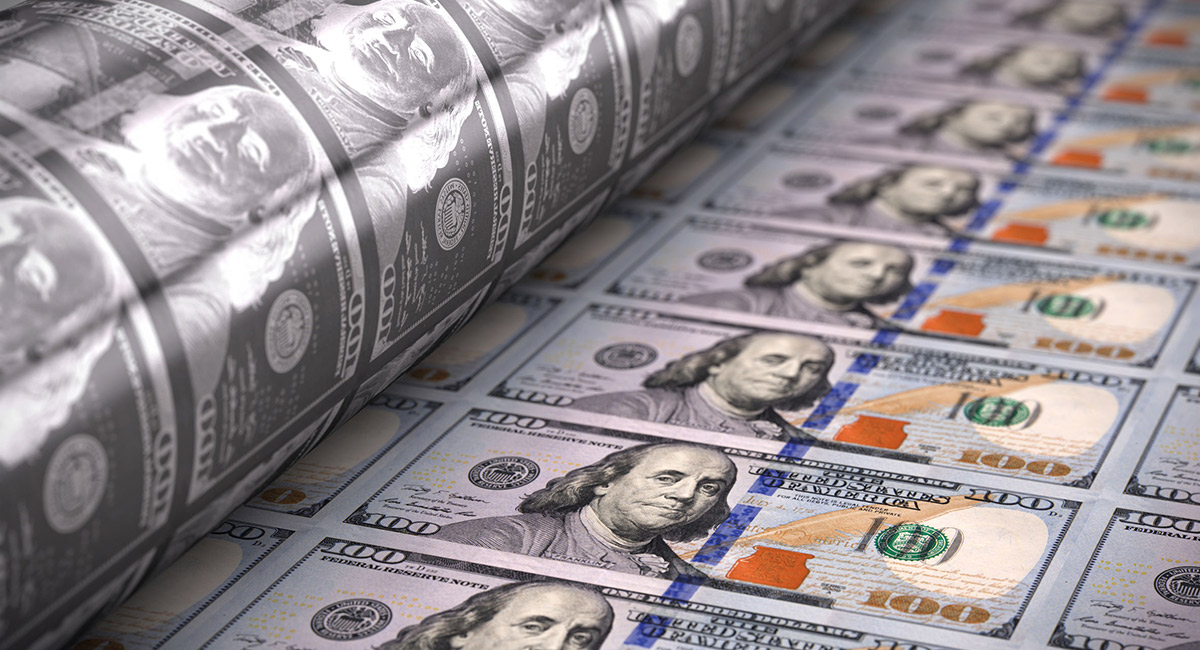The dollar fell on Wednesday after Federal Reserve Chair Jerome Powell declined to meaningfully harden his tone on inflation in a closely-watched speech, despite last week's very strong employment numbers.
In a question-and-answer session before the Economic Club of Washington on Tuesday, Powell said interest rates might need to move higher than expected if the economy remained strong, but reiterated he felt a process of "disinflation" is underway.
The dollar slipped as Powell spoke and lost more ground in early European trading on Wednesday.
The euro was last up 0.21% to $1.075, after falling to $1.067 in the previous session, its lowest since Jan. 9. It remained far above the 20-year low of $0.953 hit in September.
"The markets and the central bank are all in a position now where they're just watching the data, so for now we're less sensitive to Fed officials and far more sensitive to data."
"From where I stand today we need further, significant rate hikes," German central bank chief Joachim Nagel told the newspaper Boersen-Zeitung on Tuesday.
His colleague Isabel Schnabel said: "It is not yet clear that monetary policy is actually working so much that we can hope for inflation to return to our inflation target of 2% in the medium term."
Against a basket of currencies, the U.S. dollar index fell 0.19% to 103.1 on Wednesday, after slipping 0.3% in the previous session.
Sterling rose 0.3% to $1.209, rebounding from Tuesday's one-month trough of $1.196.
The greenback had a short-lived rally following Friday's blockbuster jobs report, which showed that nonfarm payrolls had surged by 517,000 jobs last month.
That sent the U.S. dollar index to a one-month high of 103.96 on Tuesday, as investors raised their expectations of how much further the Fed would need to keep raising interest rates.
Futures pricing on Wednesday showed that markets are expecting the Fed funds rate to peak just above 5.1% by June, from a range of 4.5% to 4.75% currently.
Meanwhile, according to pricing in derivatives markets , traders expect the ECB to hike rates to rise to around 3.5% in late summer, from 2.5% now.
Elsewhere, the yen rose 0.15%, with one dollar buying 130.88 yen, after surging 1.2% in the previous session.
Japanese real wages rose for the first time in nine months thanks to robust temporary bonuses, data on Tuesday showed.
Substantial pay growth in spring labour talks is seen as an essential condition for the Bank of Japan to start to tighten its ultra-loose monetary policy.
The kiwi slipped 0.26% to $0.634, while the Aussie advanced 0.42% to $0.699, after surging more than 1% on Tuesday.











